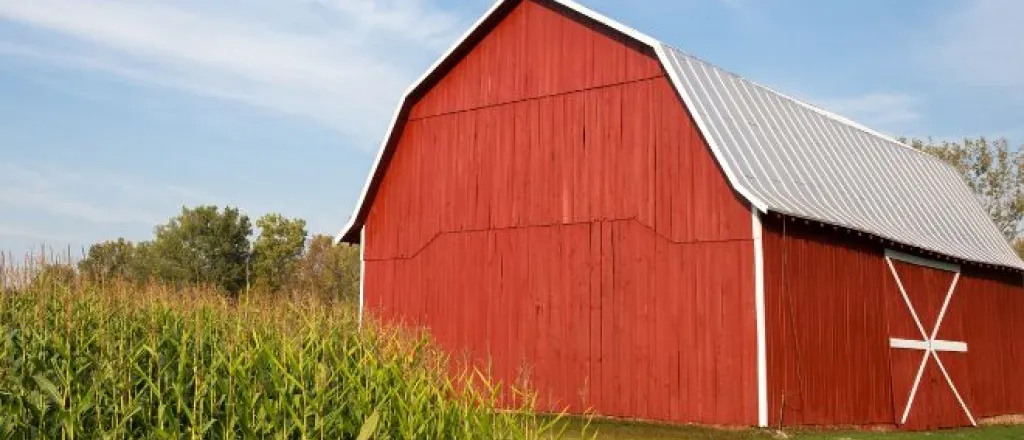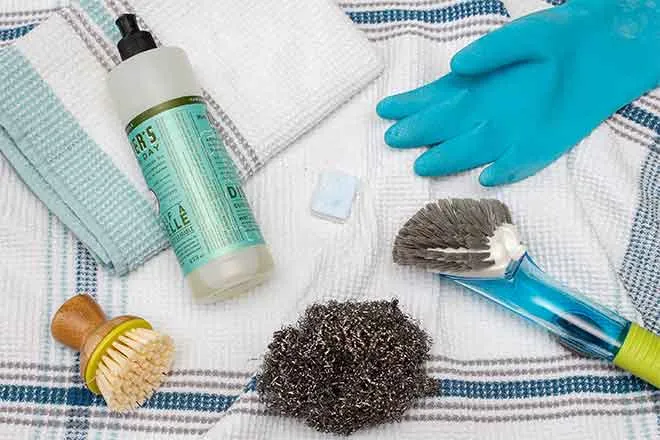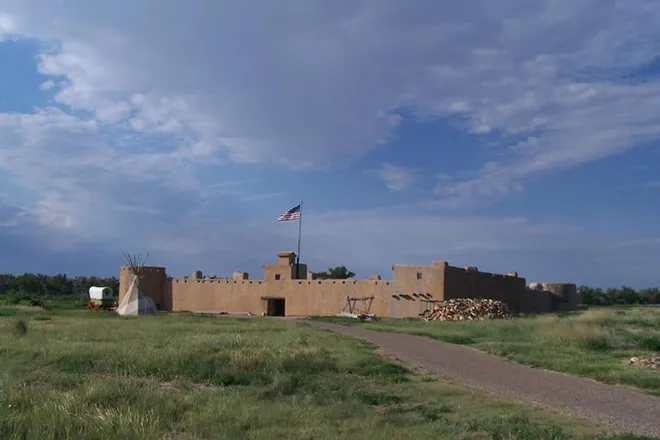
Expert tips for starting a successful hobby farm
There’s something special about growing your own food, raising your own animals, and making the most of a plot of land. Hobby farms aren’t as lucrative as major farming operations, but they’re still a chance to explore a passion for agriculture and reap the rewards of hard, honest work.
Anyone can start their own hobby farm, but there are a few things you should know before you begin. Make the most of your endeavor with these expert tips for starting a successful hobby farm.
Choose passion over profit
When you’re just starting out with your hobby farm, you need to prioritize projects that interest you over projects you think will be lucrative. That’s not to say you can’t make money from your hobby farm—with a little luck, you can sell your products for a profit. But if money is your primary motivation, you’re going to end up disappointed, which means you’re more likely to lose interest or feel burned out.
Instead, think about what you want to do with your hobby farm. What kind of animals would you enjoy working with? What crops do you want to grow? Starting with things you enjoy helps make the work more rewarding, especially when you’re still finding your footing.
Consider financing options
Another key tip for starting a successful hobby farm is to consider different funding options. People often think of farm loans as being all about purchasing big plots of land, but that’s a common misconception about farmland financing.
You can take out a farm loan for anything related to agriculture, including smaller operations like your hobby farm. This is a great way to give yourself a little extra capital for purchasing animals, building structures like coops or fences, or simply giving yourself a little more wiggle room as you figure things out.
Learn to DIY
You can’t do everything yourself, but there’s also a good chance you can handle a lot more than you give yourself credit for. You don’t have to be a master craftsman to learn your way around basic tools. Picking up a few standard DIY skills gives you the knowledge you need to handle a lot of different projects and repairs on your own. Being able to fix a fence or build a feeder on your own helps you save money while also giving you a greater sense of satisfaction and ownership over your work.

















